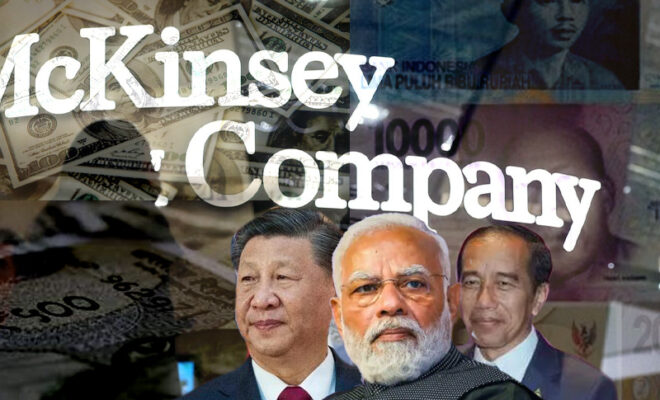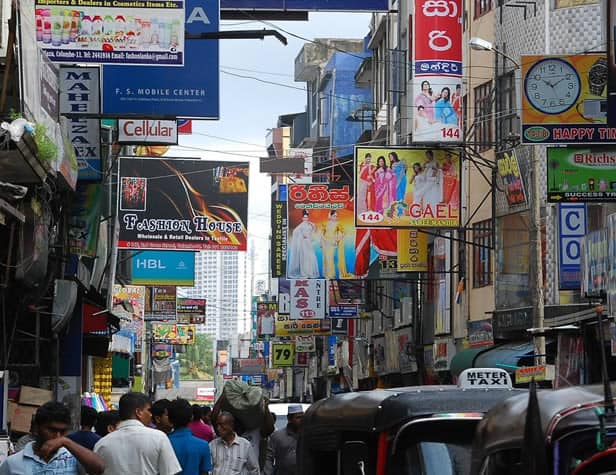‘Economic Geography Has Shifted Eastward’ – McKinsey

India, China and Indonesia are set to become three of the five G20 economies with the world’s largest working-age populations by 2030. This could be pointing to an economic geography shifting toward Eastern countries, McKinsey said in its report on Saturday.
While the world remains deeply interdependent, the global economic picture suggests the world may be at the point of transition to a new era, the management consulting firm said in its Driving Sustainable and Inclusive Growth in G20 Economies report.
Varying Trends On Growth, Sustainability And Inclusion
Even as the economic centres are likely to shift soon, G20 economies have varying trends on sustainability and inclusion. While debt is now at its highest level since the end of WWII, inequality within countries has also risen to its highest level since the start of the 20th century.
India and China remain core growth engines for the G20. But other members continue to score better on sustainability and inclusion. Japan, South Korea and countries in Europe perform better on a range of indicators, such as life expectancy and use of bank accounts.
Bringing Global Population Above Line Of Economic Empowerment
The McKinsey report focuses on bringing a substantial portion of the global population above the line of economic empowerment in order to yield better scores on metrics such as sustainability, growth and inclusion. But the line isn’t the same as the extreme poverty line.
Also Read:- PM Modi at ISRO Centre, Bengaluru: Celebration of Chandrayaan-3
The goal behind economic empowerment is to ensure everyone has the means to access the basics. While the World Bank’s extreme poverty line is estimated to be at $2.15 per person per day, the line of economic empowerment is at $12 per person per day in emerging economies.
For advanced economies, at $47 per person per day people can meet their basic requirements. On an overall basis, 2.6 billion people or over half of the population in G20 economies live under the line of economic empowerment, the report added.



